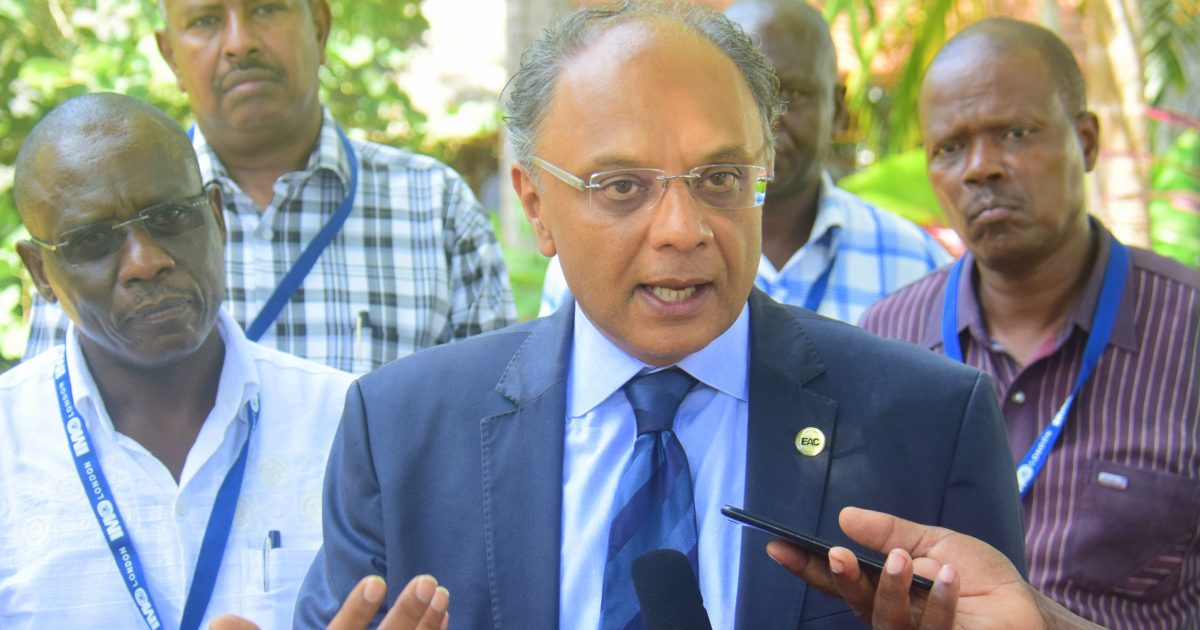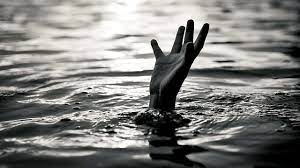The national government has embarked on developing a national maritime security strategy to address maritime security challenges to bolster efforts to harness the Sh500 billion worth blue economy.
The strategy intended to midwife the national maritime security committee and the national maritime security risk register is a high-level strategic policy framework and shared vision for securing a country’s maritime domain, including its ports and territorial waters.
State Department for East African Community Principal Secretary, Dr Kevit Desai stated that the national maritime security strategy has been developed for effective coordination and management of risks and threats in the maritime sector.
“Maritime security is necessary to create a conducive environment at sea that supports the vision 2030 and the 3rd Medium Term plan which is driven by the Big 4 agenda,” added Desai.
He was speaking Monday in Mombasa when he officially opened a two day National Maritime Security Strategy Workshop at Sarova Whitesands Beach hotel.
He revealed that the blue economy, as 8th sector of the economic pillar of vision 2030, currently contributes a paltry Sh178.8 billion to the country’s Gross Domestic Product.
He said that the country is well poised to play a key role in enhancing the security of navigation in the Western Indian Ocean with its strategic location along the major shipping trading route.
Desai further noted that there is a need to protect the maritime space from external and internal threats to safety of life at sea, property and free movement of goods through maritime transport which account for 90 per cent of the trade in the region.
He said that can be achieved through robust establishment of a comprehensive maritime security governance framework and close collaboration and coordination among agencies mandated to secure the territorial waters.
“Proper governance of maritime space within the Kenyan waters will only work through formulation and establishment of a collaborative framework and joint, comprehensive and coordinated policies and enforcement actions that will ensure protection of critical infrastructure, services, economic activities and resources at sea,” added Desai.
He said the vast resources within the blue economy has exposed it to various crimes and threats including terrorism, weapons proliferation, transnational crime, piracy, terrorism, wildlife, drug trafficking, unregulated and unreported fishing.
“The advancement and protection of Kenya’s national interests through joint and active management of risks and opportunities in and from the maritime domain is necessary in order to strengthen and extend Kenya’s prosperity, security and resilience,” added Desai.
The PS further revealed that the country has implemented several regional and international protocols governing maritime security to support sustainable development of the blue economy including the International Ship and Port Facility (ISPS) code and Djibouti Code of conduct.
He added that the government is particular enhancing maritime security and safety for efficient and affordable global trade, connectivity to enable business to thrive unhindered and unfettered, combat illegal, unregulated and unreported fishing, take collective measures to enhance security and safety of its territorial waters and implement the Eastern and Southern Indian Ocean regional accord on operation, coordination and information exchange.
The PS commended the International Maritime Organization (IMO) for technical guidance in helping the government towards establishing a comprehensive, holistic and inclusive maritime security governance framework.
IMO’s Djibouti Code of conduct Project Management, Kiruja Micheni hailed the national government for entrenching the National Maritime Security Committee (NSMC) into law and jumpstarting the establishment of the National Maritime Security Strategy.
“We are cognizant that Kenya is steadily developing strides to become a strong maritime nation and must be commended for the various steps it has taken in building her capacity in this multi-faceted sector,” Micheni added.
He added that the maritime security and blue economy have moved a notch higher with the launch of a sustainable blue economy, establishment of Kenya Coast Guard Service (KFS), development of policies, regulations and laws and collaboration with other development partners.
Micheni assured that IMO will continue to support the national government with technical support to develop effective national maritime security for the benefit of the entire region to promote a safe, secure, environmentally sound, efficient, and sustainable shipping sector.
By Galgalo Bocha





